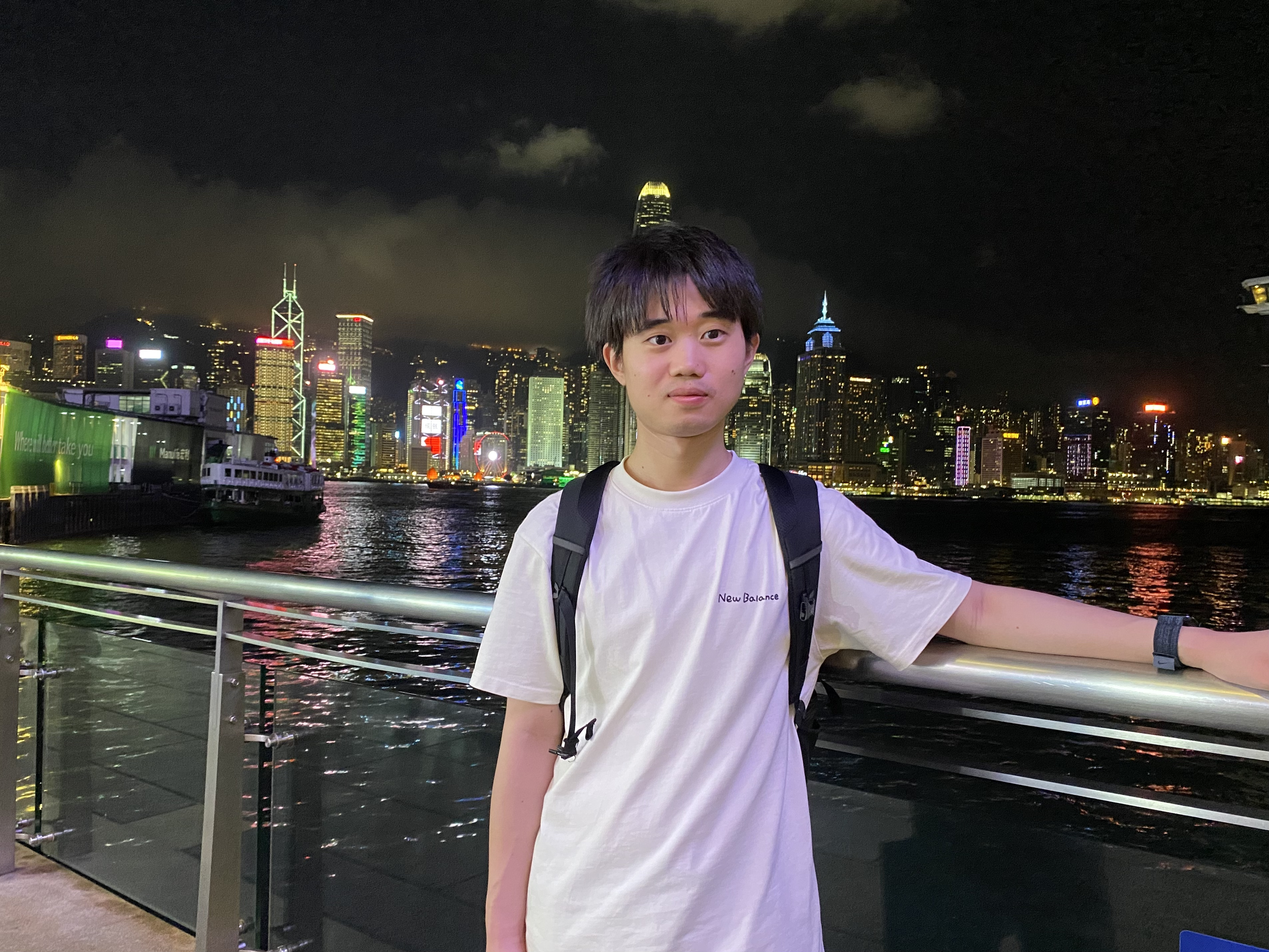People
Faculty
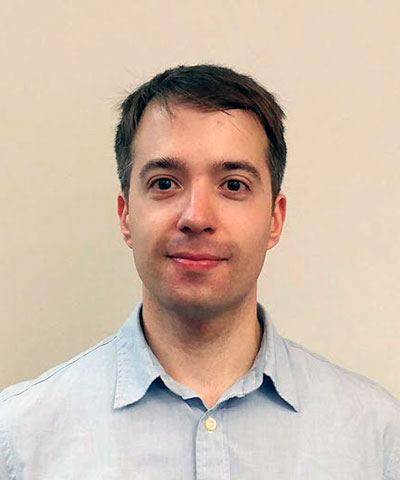
Cantay Caliskan
Cantay Caliskan is an associate professor of instruction at the Goergen Institute for Data Science and AI, University of Rochester. He studied political science, computer science, and statistics during his PhD, and received his degree from Boston University in 2018. Cantay received his BA in economics, mathematics, and intl. and global studies from Brandeis University and his MA in international relations from Koç University. His research interests include computational social science, specifically computer vision, social media analysis, and generative AI.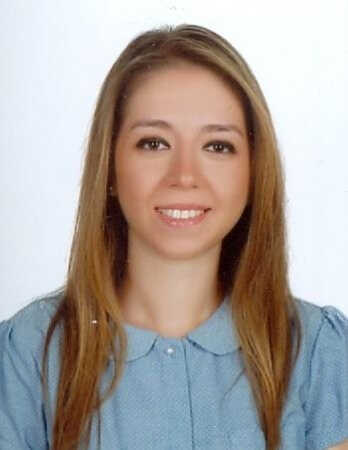
Ezgi Siir Kibris
Ezgi Siir Kibris is a lecturer of data science at Rochester Institute of Technology. She is a Ph.D. candidate in political science and an alumna of the MS program in data science at the University of Rochester. She has MA degrees in political science and European studies and BA in economics from Sabanci University. Her dissertation research revolves around judicial politics, international courts, democratic backsliding, and gender. She is interested in quantitative methods, specifically causal inference, machine learning, and natural language processing.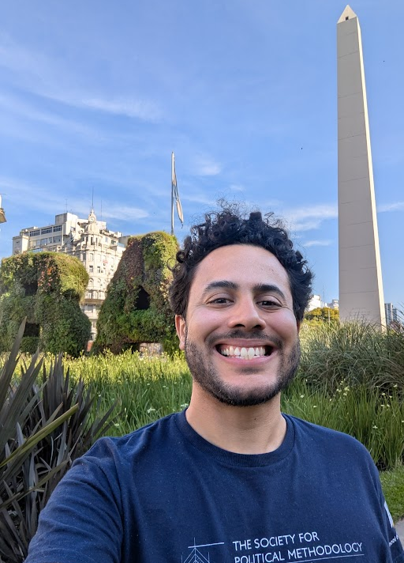
Jefferson Leal
Jefferson Leal is a PhD candidate in Political Science at the University of Rochester. He holds an MA in Political Science and a BA in Economics and International Relations from the University of São Paulo, Brazil. He also holds an Advanced Graduate Certificate in Legislative and Public Policy from the São Paulo Municipal Audit Court School of Public Management and Budgeting. His research interests include Latin American politics, populism, polarization, inequality, and policymaking, with applications to public health, labor economics, and public finance. Methodologically, he specializes in causal inference, machine learning, and natural language processing.Speakers
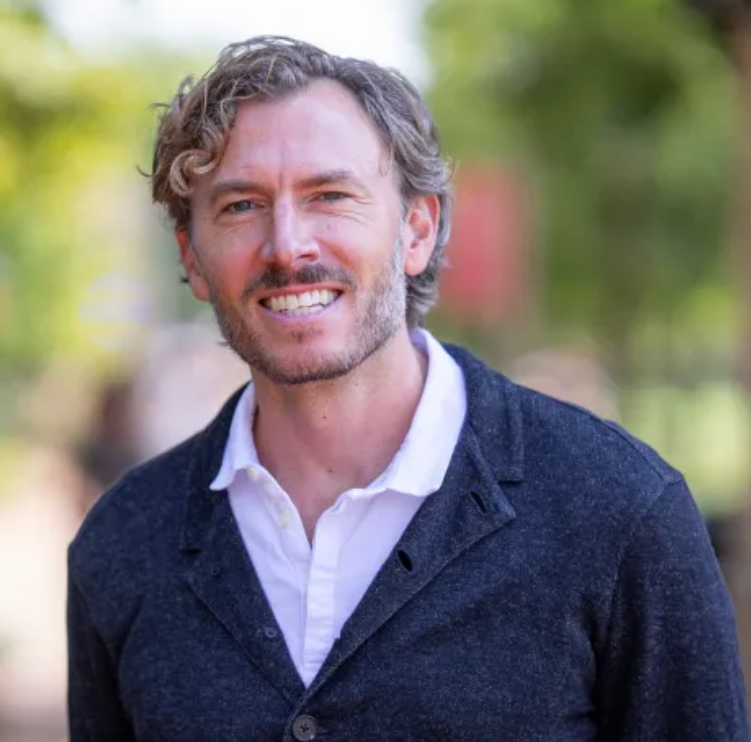
Dino P. Christenson
Dino Pinterpe Christenson is a Professor in the Department of Political Science at Washington University, a Faculty Affiliate in the Division of Computational and Data Science, and a Research Fellow at the Weidenbaum Center on the Economy, Government, and Public Policy. He earned his Ph.D. from Ohio State University and his B.A. from the University of Michigan. Christenson studies American political behavior and quantitative methods, with research focusing on presidential voting behavior, campaign dynamics in presidential primaries and caucuses, the coalition strategies of interest groups, and public opinion and the media environment of institutional outcomes. More broadly, his work addresses electoral behavior, political psychology, political communication, interest groups, and judicial politics. His articles have been published in leading journals such as American Political Science Review, American Journal of Political Science, Political Analysis, Political Behavior, and Social Networks. His research has been recognized with several awards, including the Editors’ Choice Article Award from Political Analysis, the Best Article Award from the Law & Courts Section of APSA, and the Best Article Award from Political Research Quarterly. Christenson is also the coauthor of The Myth of the Imperial Presidency: How Public Opinion Checks the Unilateral Executive (University of Chicago Press, 2020) and Applied Social Science Methodology: An Introductory Guide (Cambridge University Press, 2017). His work has been supported by grants from the National Science Foundation, the National Institutes of Health, the Hariri Institute, and the Dirksen Congressional Center. He has broad methodological interests, including survey research, experimental design, longitudinal and nested data models, Bayesian analysis, social network analysis, and causal inference.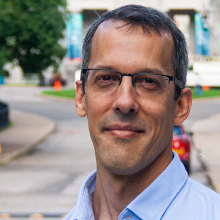
Eric Kolaczyk
Eric Kolaczyk is a Professor of Statistics in the Department of Mathematics and Statistics at McGill University, where he also serves as the inaugural director of the Computational and Data Systems Initiative (CDSI). Prior to joining McGill, Kolaczyk was a faculty member at Boston University, where he held several leadership roles, including director of the Program in Statistics, founding director of the MS in Statistical Practice (MSSP) program, and director of the Hariri Institute for Computing. His research lies at the intersection of statistical and machine learning theory and their application to computing and engineered systems, often from a network-based systems science perspective. Collaborating with a range of students and colleagues, Kolaczyk has developed innovative methodologies for design, representation, modeling, inference, prediction, and uncertainty quantification—advancing new paradigms for data measurement and analysis. These efforts have addressed practical challenges across diverse domains, including detecting anomalies in computer network traffic, modeling disease progression, characterizing biological mechanisms of action, monitoring epileptic seizures, mapping chemical reaction spaces, and creating one of the first visualizations of the galactic halo.
George Mikros
Before joining the MA Program in Digital Humanities at HBKU as a Professor, George Mikros held a professorship in Computational and Quantitative Linguistics at the University of Athens, Greece. He currently directs the Computational Stylistics Lab and also serves as an Adjunct Professor in the Department of Applied Linguistics at the University of Massachusetts Boston. He previously worked as a Research Associate at the Institute for Language and Speech Processing, contributing to the development of key language resources and NLP tools for Modern Greek. Since 1999, he has been a Teaching Associate at the Hellenic Open University, and since 2016, he has directed the university’s undergraduate program in Spanish Language and Culture. Professor Mikros has authored five monographs and over 80 scholarly papers published in peer-reviewed journals, conference proceedings, and edited volumes. A prominent figure in his field, he has been a member of the Council of the International Association of Quantitative Linguistics (IQLA) since 2007 and was elected its President in 2018. He is a frequent keynote and invited speaker at international conferences, workshops, and summer schools in the fields of Digital Humanities and Quantitative Linguistics. His research focuses on computational stylistics, quantitative linguistics, computational linguistics, and forensic linguistics.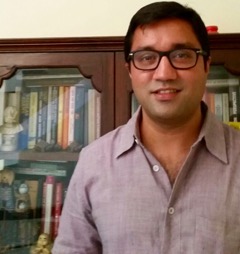
Gourab Ghoshal
Gourab Ghoshal is a Professor of Physics and Astronomy with a joint appointment in the Department of Computer Science. Prior to joining his current institution, he was a Research Scientist in the Department of Earth and Planetary Sciences at Harvard University and a member of Harvard's multidisciplinary Origins of Life initiative. Originally from New Delhi, India, Ghoshal earned his BSc and MSc in Theoretical Physics from the University of London in 2004. He completed his PhD in Physics at the University of Michigan, Ann Arbor in 2009, during which he also attended the prestigious Complex Systems Summer School at the Santa Fe Institute in New Mexico and the Theoretical Physics School at Les Houches in France. Following his PhD, he held postdoctoral positions at Northeastern University and Harvard Medical School, and was a visiting scientist at the MIT Media Lab. Trained as a statistical physicist, Ghoshal conducts research in complex systems, with interests spanning the theory and applications of complex networks, non-equilibrium statistical physics, game theory, econophysics, dynamical systems, and the origins of life. He is the editor of a book on complex networks published by Springer, and his work has appeared in leading journals such as Nature, Science, and Physical Review Letters.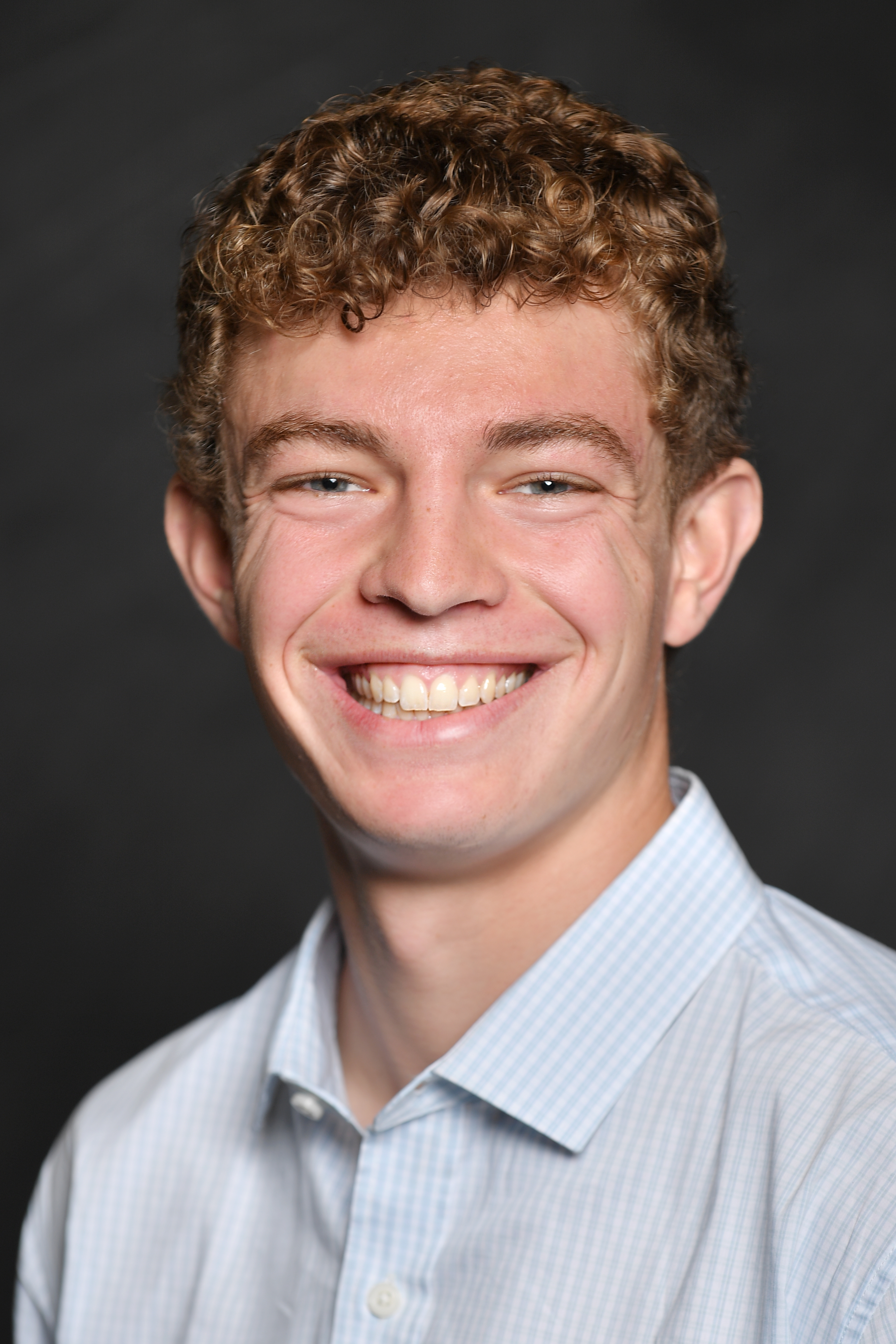
Timothy Loftus
Timothy Loftus is an undergraduate senior at the University of Rochester completing a BS in computer science with minors in political science and Spanish. In addition to performing research in computational social science, he works as a data scientist for the Lehigh Valley Justice Institute, using data research and working with other organizations to tackle local issues relating to criminal justice and advocacy. His research interests include computer vision, computational social science, and political analysis.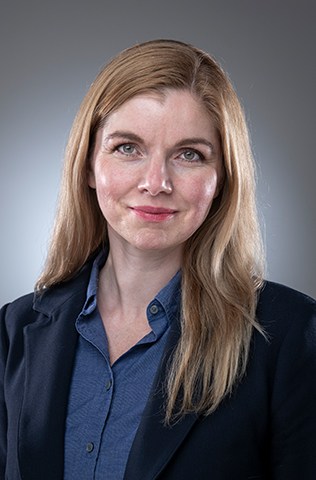
Yasemin Celikkol
Yasemin Y. Celikkol is an assistant professor in residence at Northwestern University in Qatar, jointly appointed in the Communication and Liberal Arts programs, and affiliated with the Institute for Advanced Study in the Global South (#IAS_NUQ); she also serves on the Board of Advisors of the Center for Advanced Research in Global Communication (CARGC) at the University of Pennsylvania and as reviews editor of the Middle East Journal of Culture and Communication. A scholar of global communication, her research lies at the intersection of communication, culture, and geopolitics, with recent publications on the geopolitics of globalized Turkish TV series, fashion, and hegemony in leading journals such as the International Journal of Communication, Critical Studies in Media Communication, International Journal of Cultural Studies, and Fashion Theory. In Turkey, her name is also associated with baby sign language and positive discipline; she authored the country’s first widely available book on sign language, a milestone welcomed by the Deaf community and institutions like the Hearing Impaired Federation of Turkey and the World Disabilities Union, with whom she collaborated to promote sign language. Celikkol’s teaching integrates theory with practice, fostering critical engagement with global communication issues through courses in global studies, global communication, and media anthropology, while she remains dedicated to student mentorship. Her academic journey spans Bulgaria, the United States, and Japan, culminating in a PhD in communication from the Annenberg School for Communication at the University of Pennsylvania in 2021, along with multiple graduate degrees in communication and language education from institutions such as the University of Pennsylvania, International Christian University in Tokyo, and New York University. Recognized with distinctions like the U.S. Department of Education FLAS Fellowship for Arabic and Middle East studies, Celikkol is also multilingual, fluent in Bulgarian, Turkish, Japanese, Russian, and other languages.Teaching Assistants
Participants
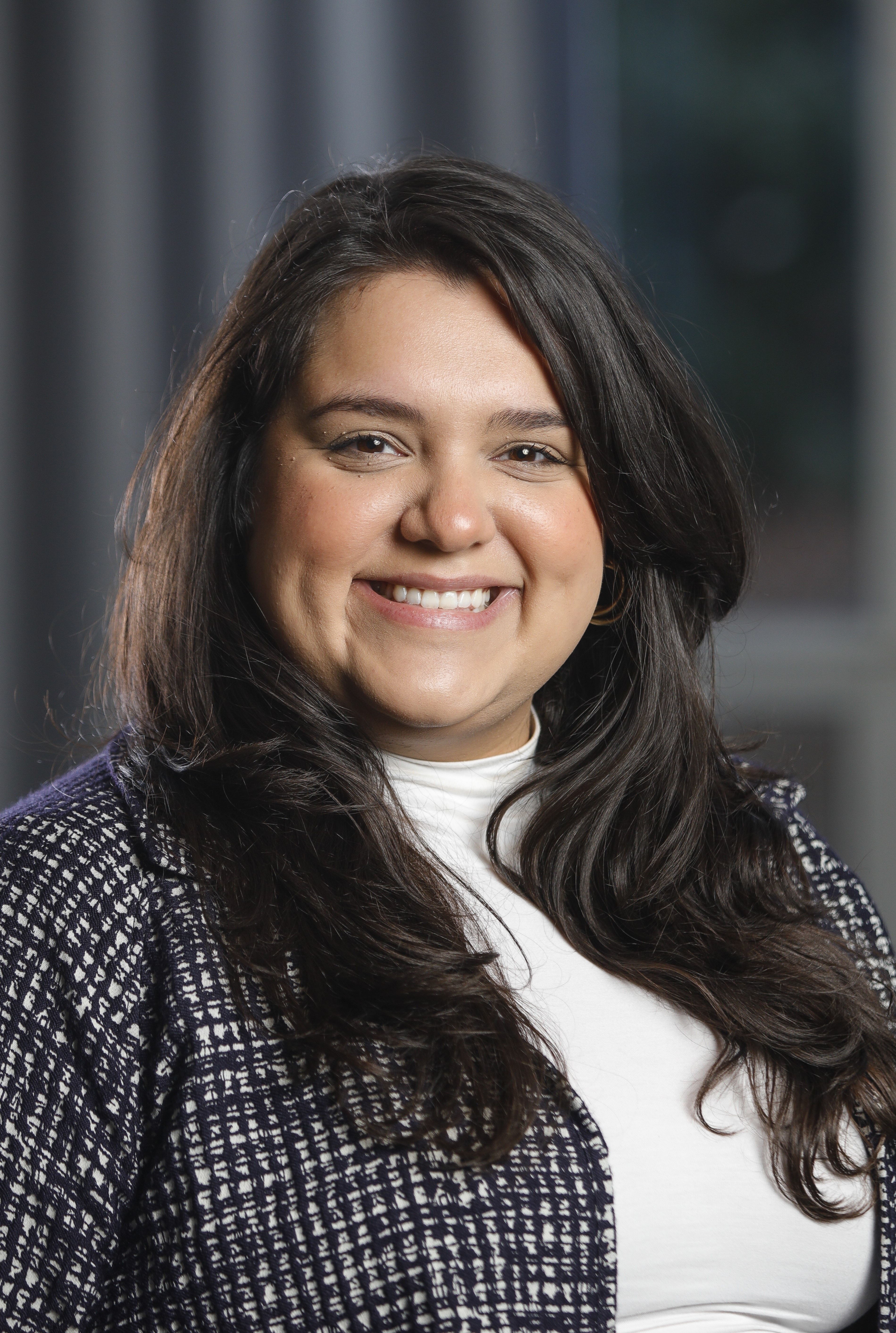
April Marroquin
April Marroquin is the Associate Director of Recruitment for Executive and Part-time Programs at the Simon Business School at the University of Rochester. She is also a current Professional MBA student at Simon and holds an MS in Business Analytics from the same institution. Her work spans recruitment strategy, enrollment analytics, and student advising, with a focus on data-driven decision-making, equitable access, and program growth. April has over a decade of experience in higher education and is particularly interested in the ethical use of AI and predictive modeling to improve higher education admissions and student success. She is the founder of The Mindful Admissions Project, a resource hub exploring transparency, inclusion, and innovation in enrollment practices.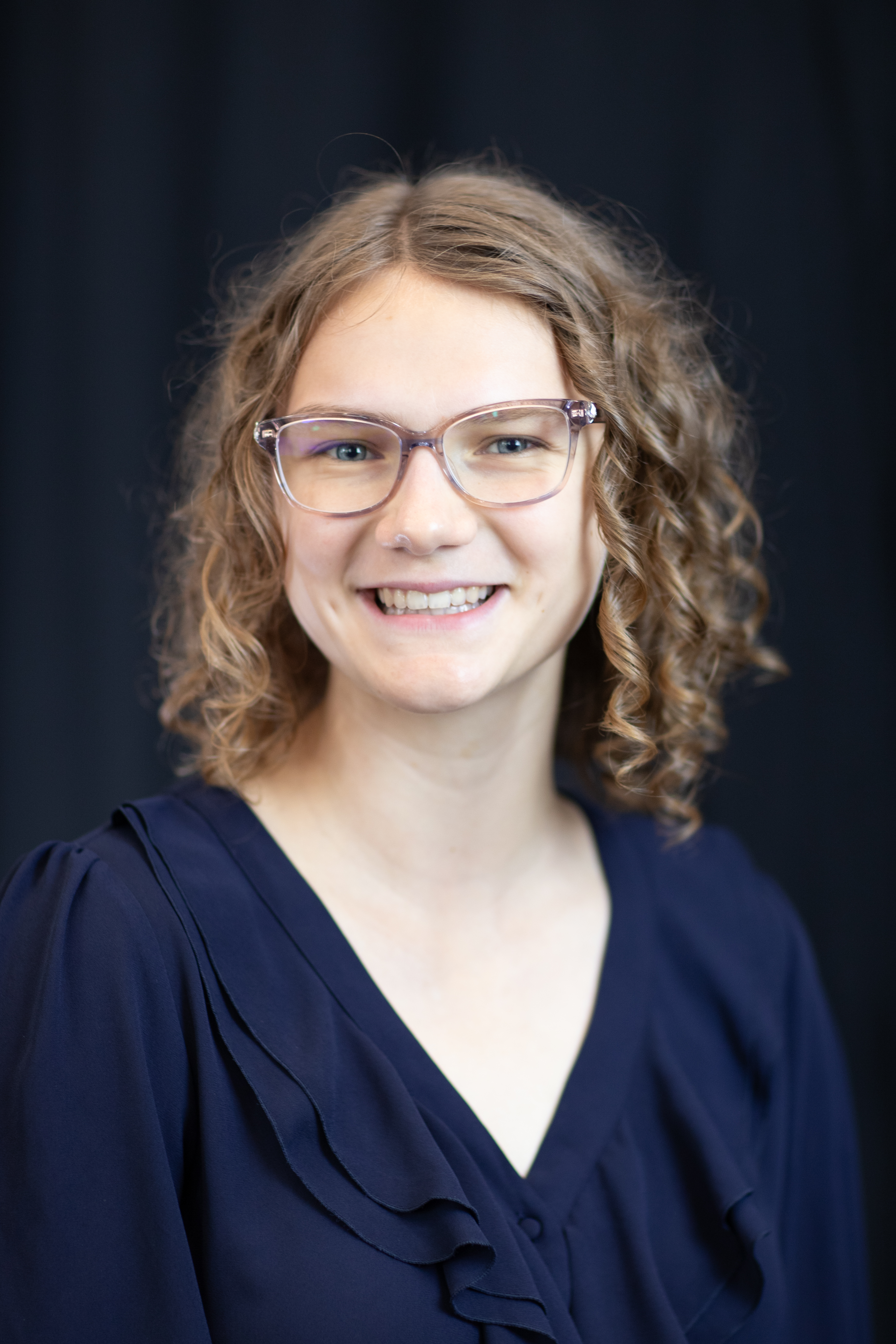
Claire Syverson
Claire Syverson is an undergraduate senior at the University of Rochester, concluding a BA in International Relations. Her research interests include interstate conflict, unconventional warfare, and Eastern European politics. Her current research focuses on the motivations of cybercrime and state cyber warfare.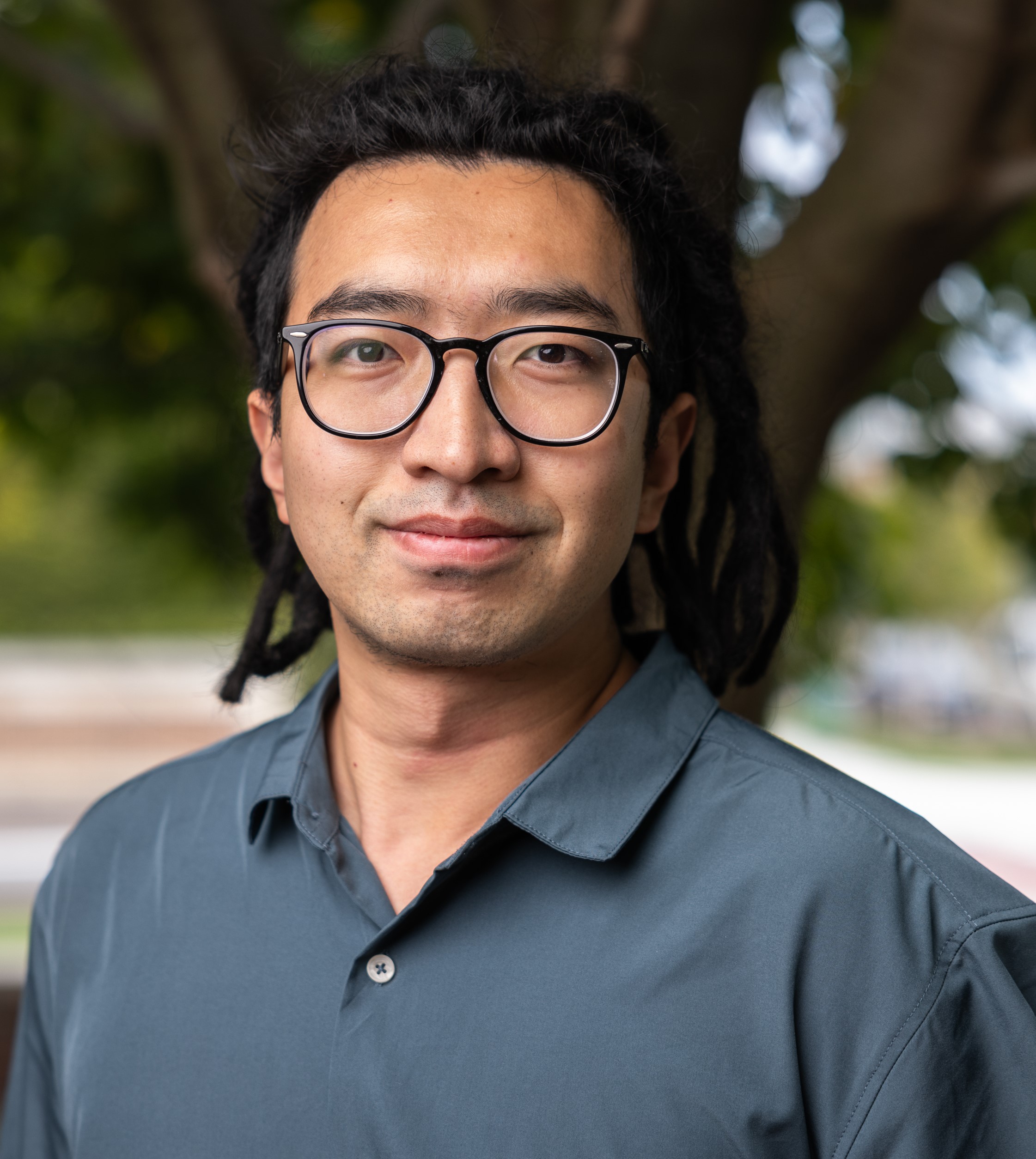
Da Gong
Da Gong is a Lecturer of Data Analytics at SUNY Geneseo. He received a Ph.D. in Economics from UC Riverside, and an M.A. in History from the Graduate School of the Chinese Academy of Social Sciences. Da Gong's research interests include Political Economy, Development Economics, Public Economics, Culture and Institution, and Applied Machine Learning. His work focuses on how people’s values, beliefs, and social norms are influenced by the state.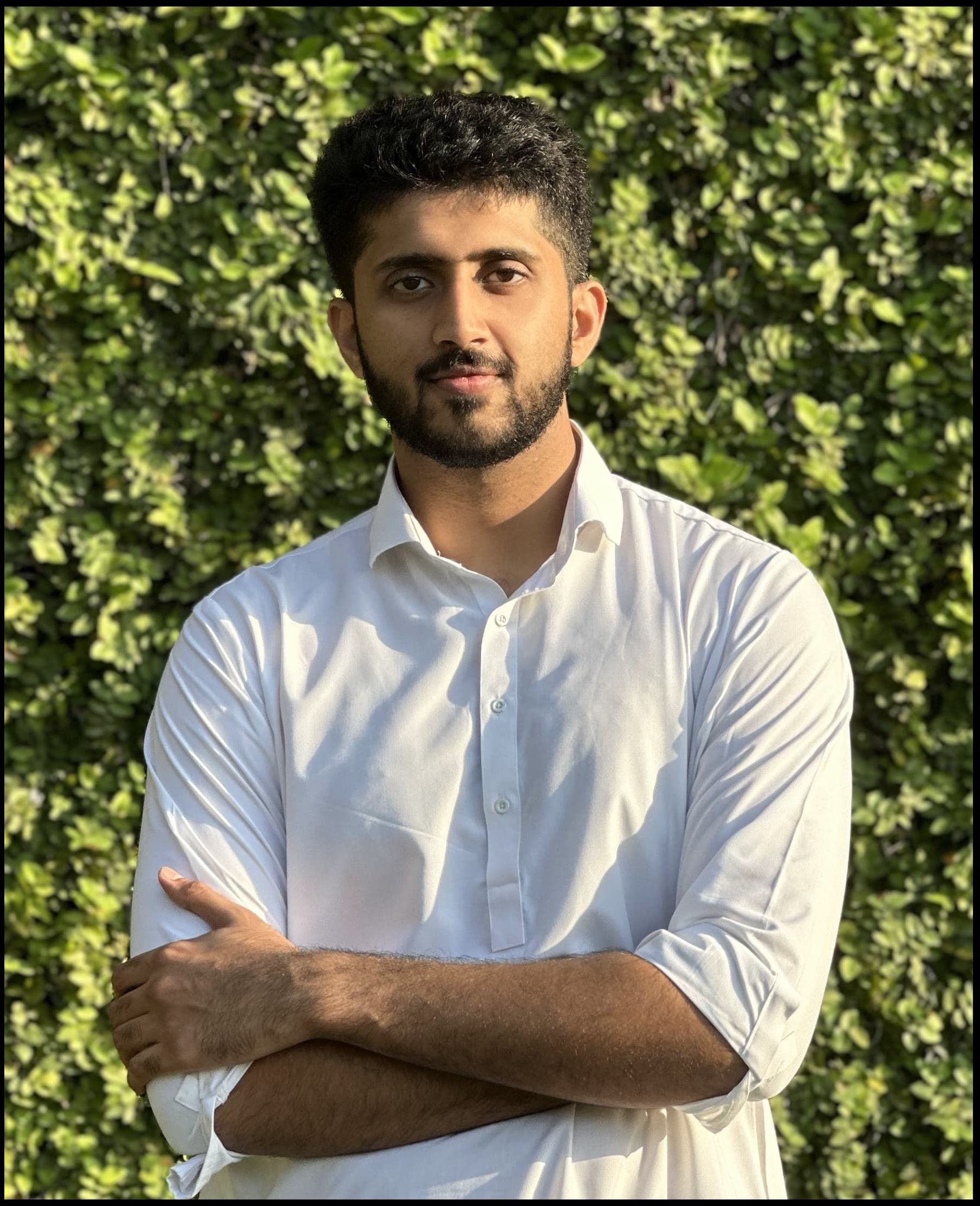
Harris Mazhar
Harris Mazhar is currently pursuing an M.S. in Data Science at the University of Rochester, where he has focused on coursework in time series analysis, deep learning, and natural language processing. He earned his B.Sc. in Computer Science from the Lahore University of Management Sciences. His research interests lie at the intersection of machine learning and healthcare, including computer‑aided diagnosis and the development of patient‑facing models for physician assistance. He is also broadly interested in healthcare analytics, interpretable machine learning, and the creation of data‑driven tools to enhance public healthcare.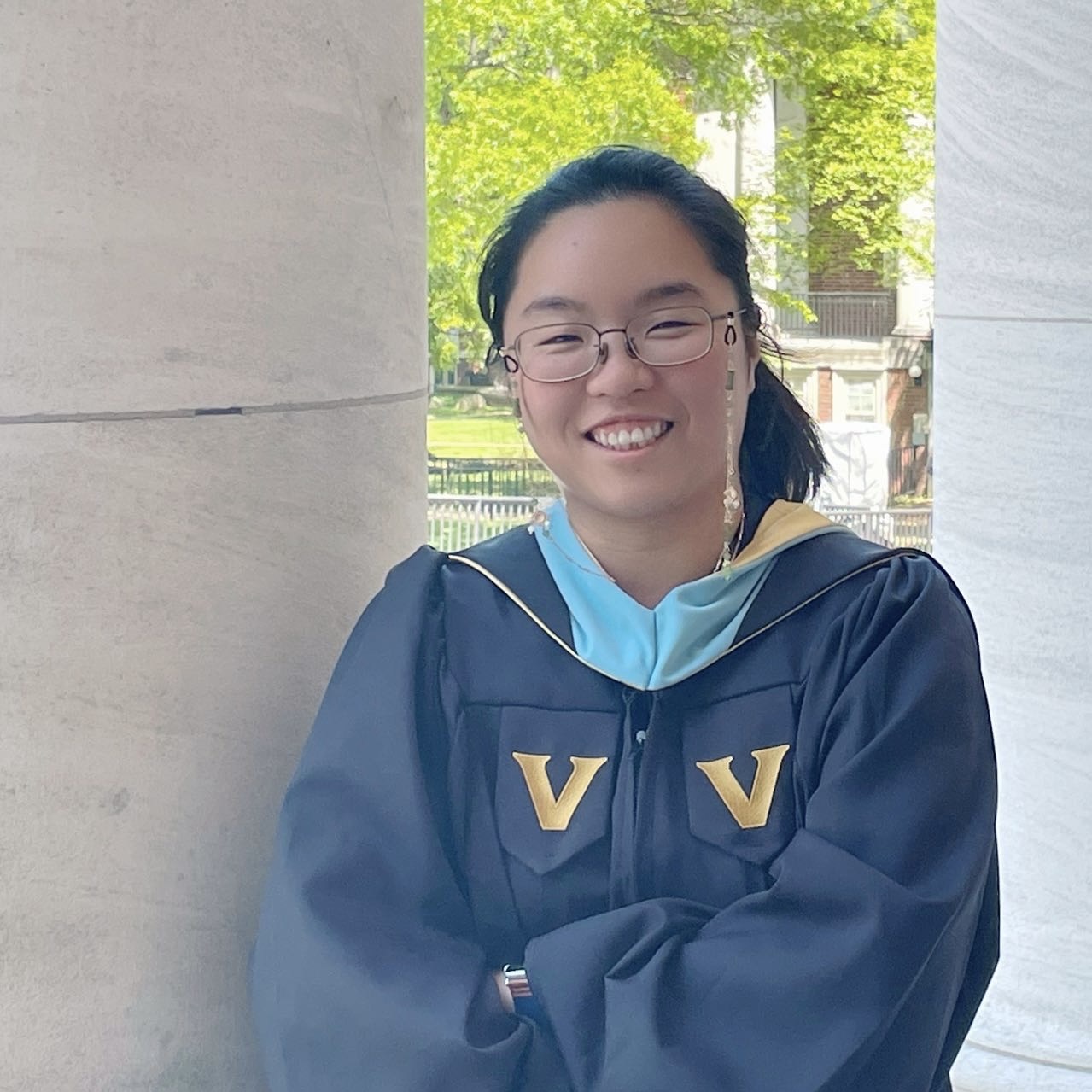
Jialing Wu
Jialing Wu is a first-year PhD student in Engineering Education at the Ohio State University. She earned her M.Ed. in International Education Policy and Management at Vanderbilt University, Peabody College, and also holds a bachelor’s degree in Mechanical Engineering from China. Her research interests encompass international engineering education, pre-college engineering, and computational social science in Engineering Education Research (EER).
Mengmeng Wu
I am a graduate student studying Computational Social Science at the University of Chicago. Prior to graduate school, I worked as a user researcher in the tech industry. My research explores how emerging technologies shape information flow, public opinion, and social behavior. Methodologically, I am interested in natural language processing, digital experiments, and network analysis. I aim to apply and extend communication and social psychological theories to multi-agent systems and technologically mediated environments.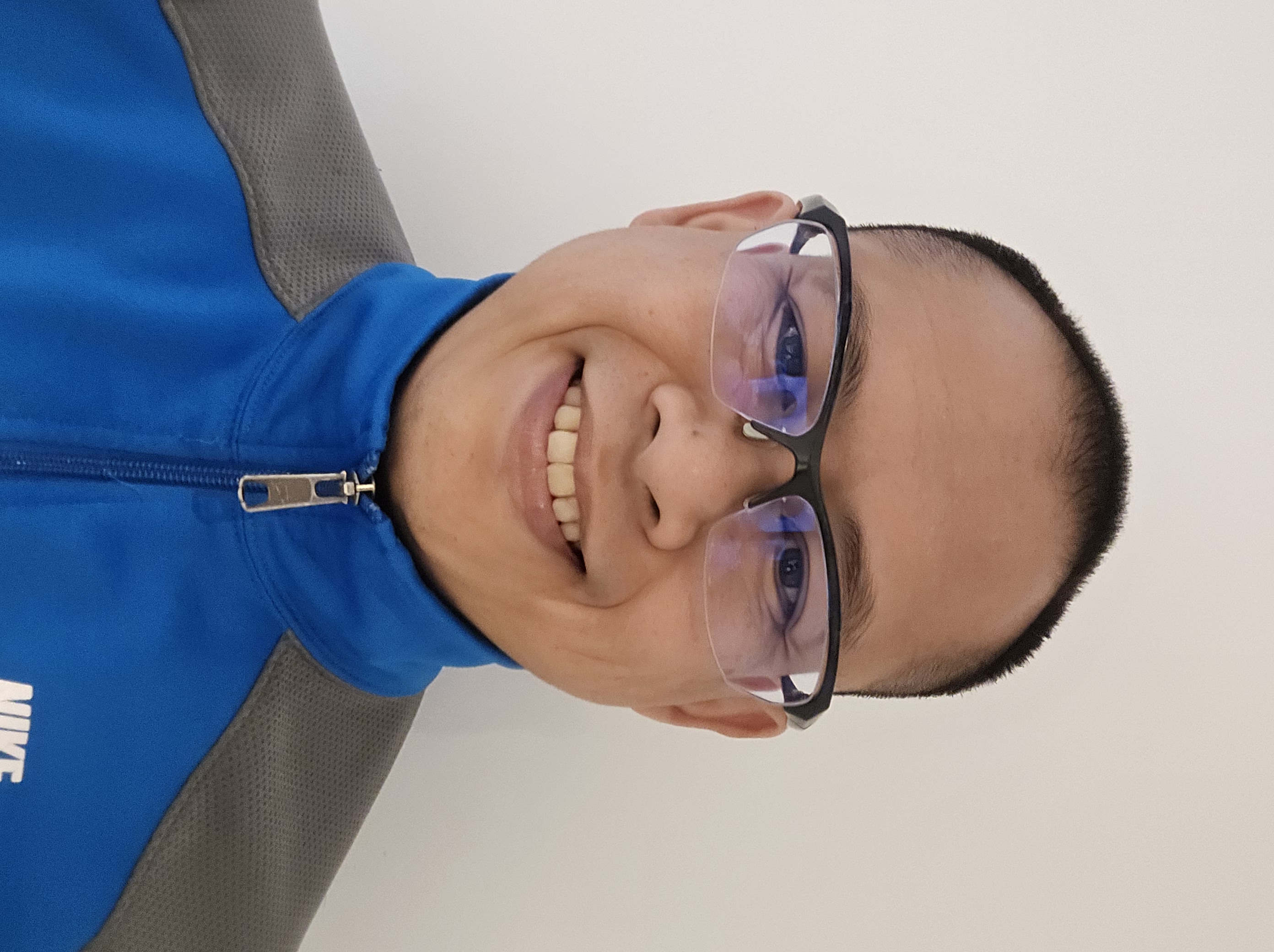
Michael-John Beltejar
Michael-John Beltejar is a graduate of the Medical-Scientist Training Program and currently a 3rd year Emergency Medicine Resident at the University of Rochester. His doctoral research leveraged Genome Wide Association Studies and Network Analysis to identify novel genes that contribute to fracture resistance independent of bone mineral density. He is excited at the prospect of transferring and expanding upon these techniques to substantiate the biopsychosocial approach to Emergency Medicine. His research interests include applications of multilayer networks, GIS and agent-based modeling, artificial intelligence and machine learning.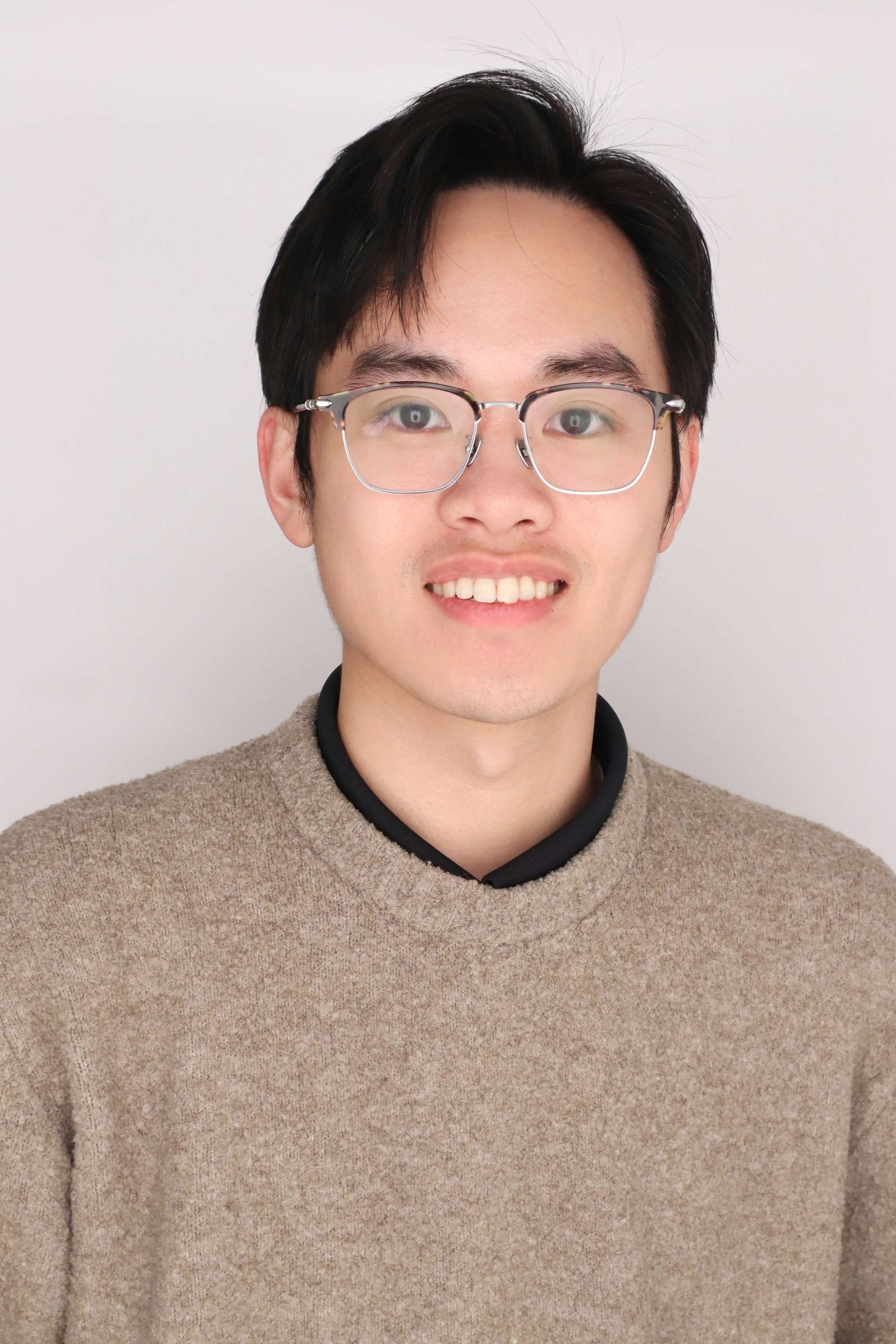
Minh Nam Pham
Minh Nam Pham (Nam) is a doctoral student at the Department of Political Science, University of Pennsylvania. He is focusing on International Relations and Comparative Politics. Before joining Penn, Nam earned a BA in International Social Sciences from the University of Tsukuba (Japan) and a Master of International Affairs (MIA) from the University of California San Diego.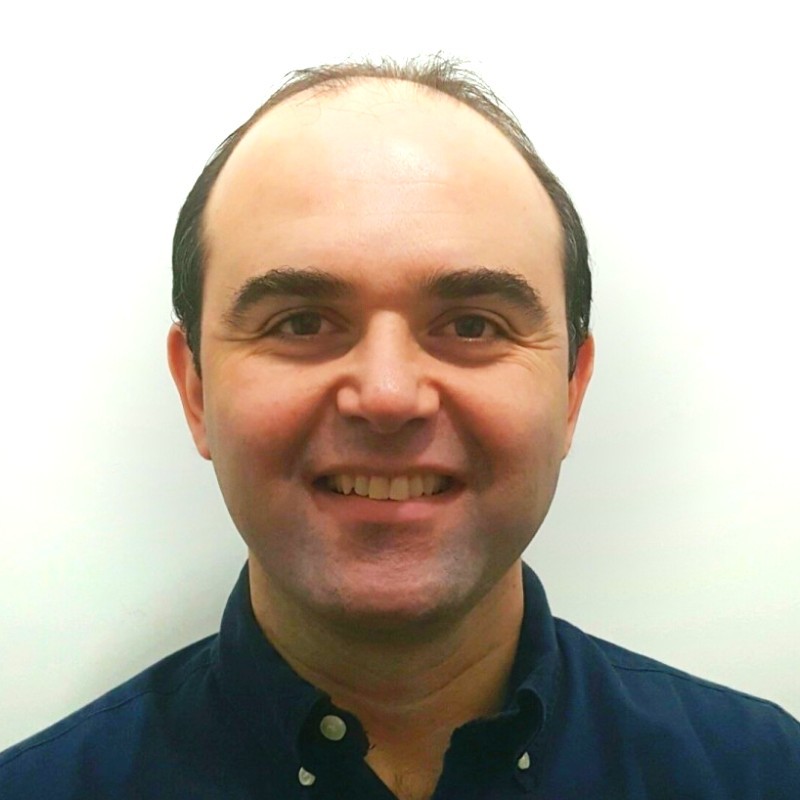
Murat Al
Murat Al holds a Ph.D. in Computational Mechanics and is currently pursuing a Master’s degree in Data Science at the University of Rochester. His background combines deep expertise in engineering, applied mathematics, and advanced computational modeling. His research interests center on machine learning, natural language processing, predictive analytics, and healthcare AI applications. Murat is particularly passionate about leveraging AI to enhance scientific discovery and real-world decision-making. He has worked on projects involving NLP-based literature mining, time series forecasting, and predictive maintenance, and is committed to interdisciplinary, impact-driven research.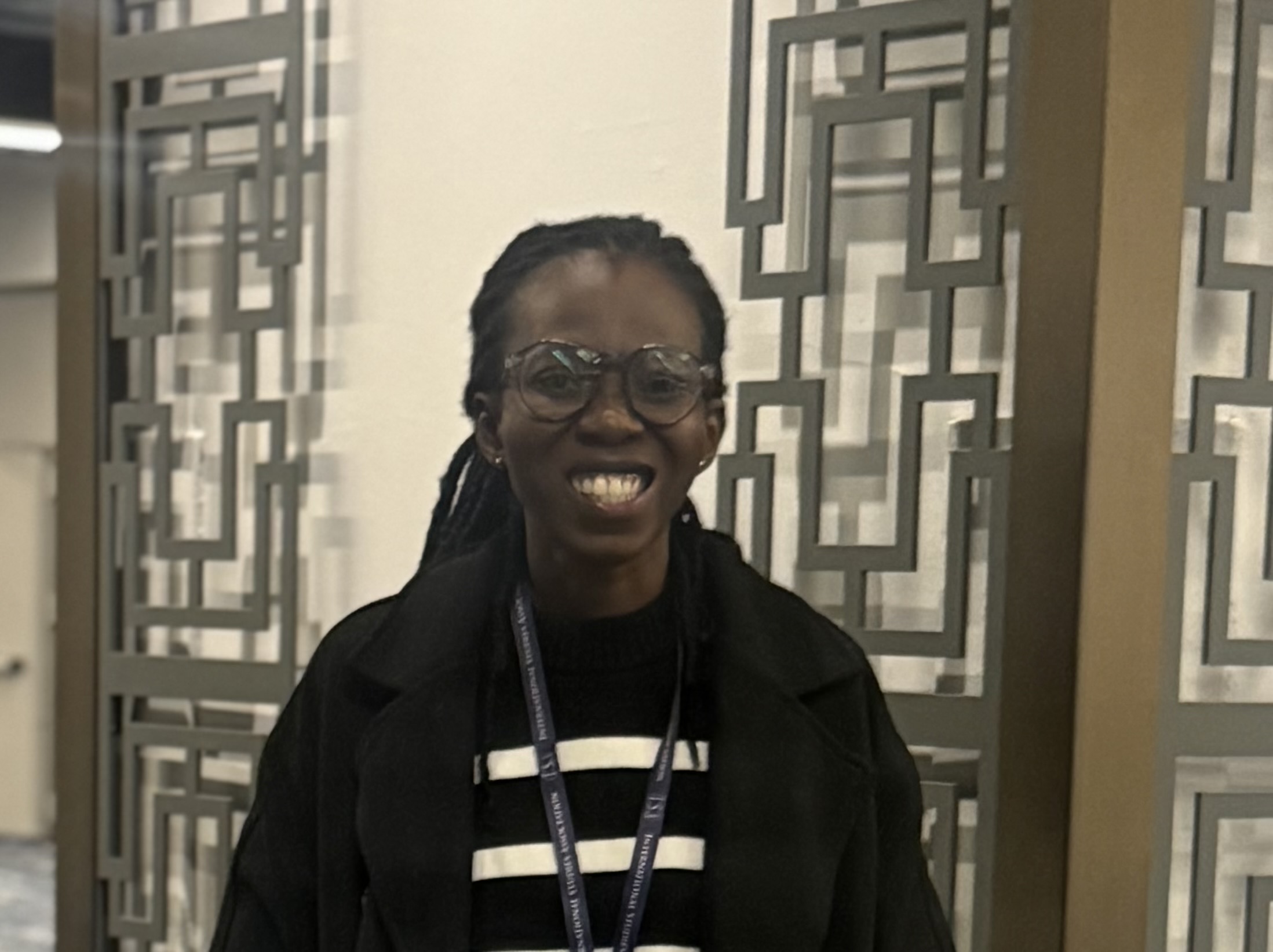
Rashida Jeduah
Rashida Jeduah is a PhD student in Political Science at the University of New Mexico. Rashida holds a BA in Political Science with Geography and Resource Development from the University of Ghana and master’s degrees in Political Science from UNM and the University of Ghana. Her broad research interests are in the subfields of Comparative Politics and International Relations. Specifically, Rashida’s research interests include the global first ladyship; transitional and gender justice in the Global South. A doctoral fellow at UNM’s Center for Social Policy, Rashida is also interested in research on health equity, especially for women and children.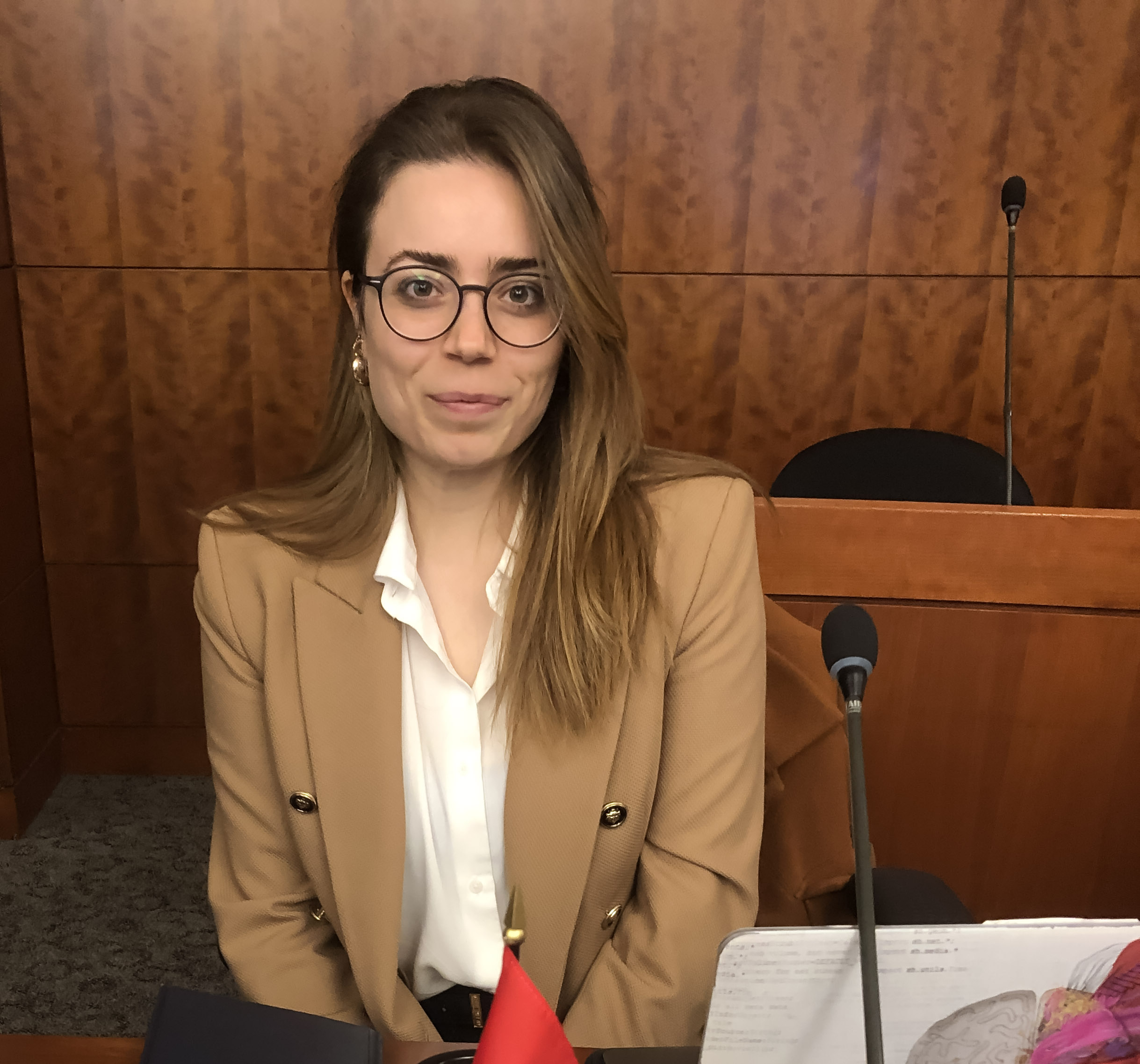
Seda Gunes
Seda Gunes is a recent graduate of the M.A. program in Security Policy Studies at George Washington University in Washington, D.C. Her research interests include political risk analysis, conflict forecasting, civil wars, non-state actors, and violent extremism. She applies statistical and computational methods to improve analytical pattern recognition, predictive accuracy, and scalability in the study of conflict and security. Seda holds a Bachelor of Science in International Relations from Balıkesir University, Turkey, and an M.A. in International Relations from Istanbul University, Turkey.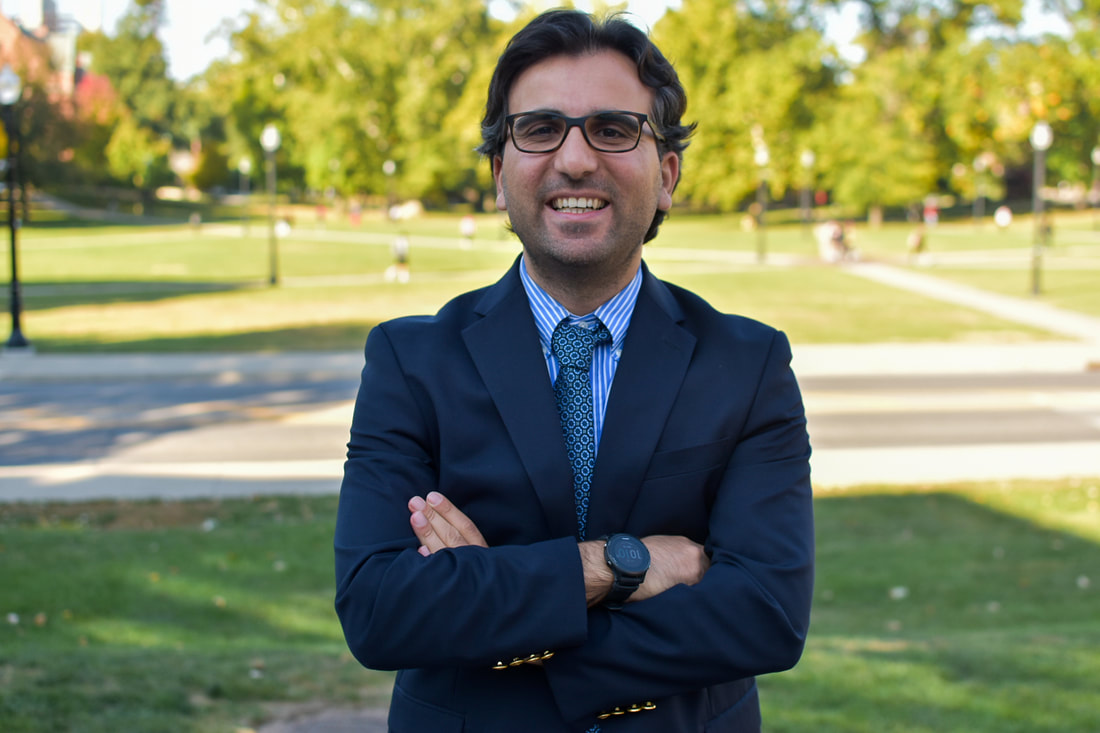
Sefa Secen
Sefa Secen is an Assistant Professor of Political Science at Nazareth University in Rochester, NY. Before joining Nazareth, he was a Postdoctoral Fellow at the Mershon Center for International Security Studies at Ohio State University. He earned his PhD in Political Science from the Maxwell School of Syracuse University. He studies international relations theory, international security, migration, and political behavior, with a regional focus on the Middle East and Western Europe. His research employs both qualitative (such as interviews and content analysis of print, digital, and social media) and quantitative methods (including survey experiments).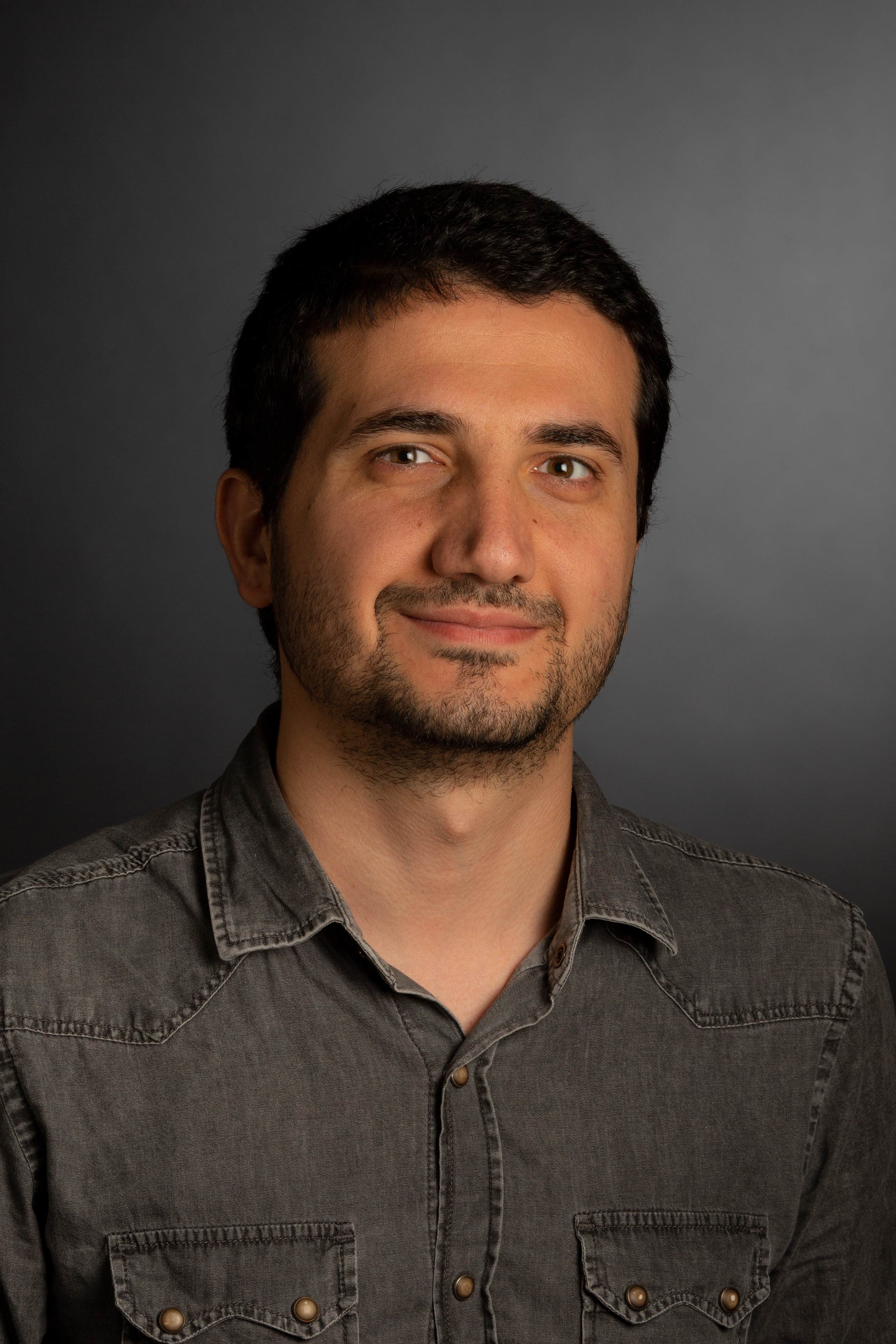
Vedat Kurtay
I hold a B.Sc. in Mathematics from Bahçeşehir University, an M.Sc. in Mathematics from Middle East Technical University, an M.Sc. in Computational and Applied Mathematics at RIT, and I'm currently pursuing a Ph.D. degree in Mathematical Modeling at RIT. My research interests center on applying mathematics to life sciences, mostly in biomedical applications. I’ve worked extensively on a very broad spectrum of projects including biology, physics, chemistry, marketing, population dynamics, and resource management. I’m passionate about using mathematical tools to uncover insights to the real life problems.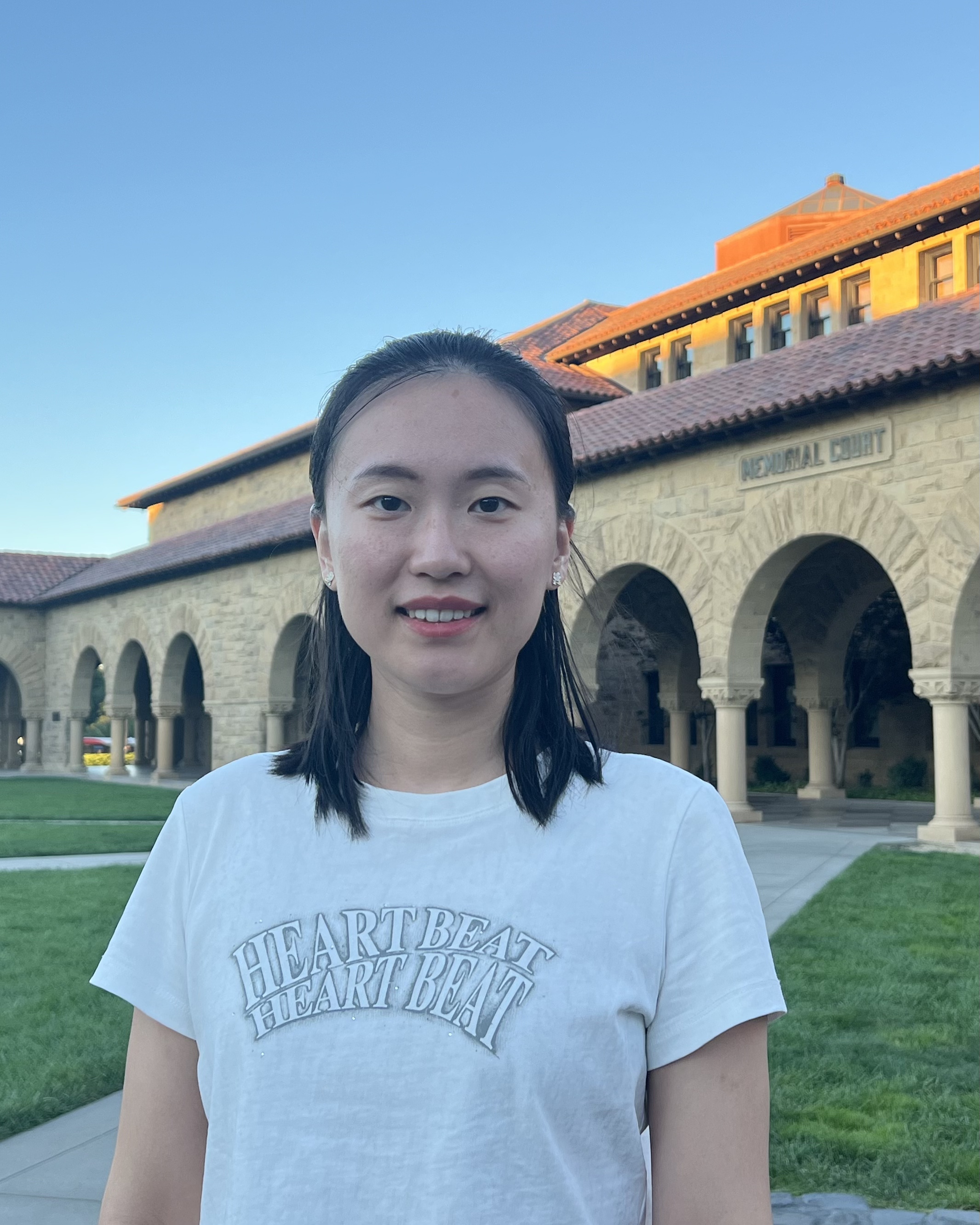
Yu Mei
Yu Mei is a PhD candidate in Political Science at the University of Rochester. Her primary research interests are international relations and formal political theory. Her dissertation uses game-theoretic models and statistical methods to study various tools third parties might use to intervene in overseas conflicts and/or domestic politics of another country. Prior to Rochester, she received a B.A. in International Politics from Renmin University of China.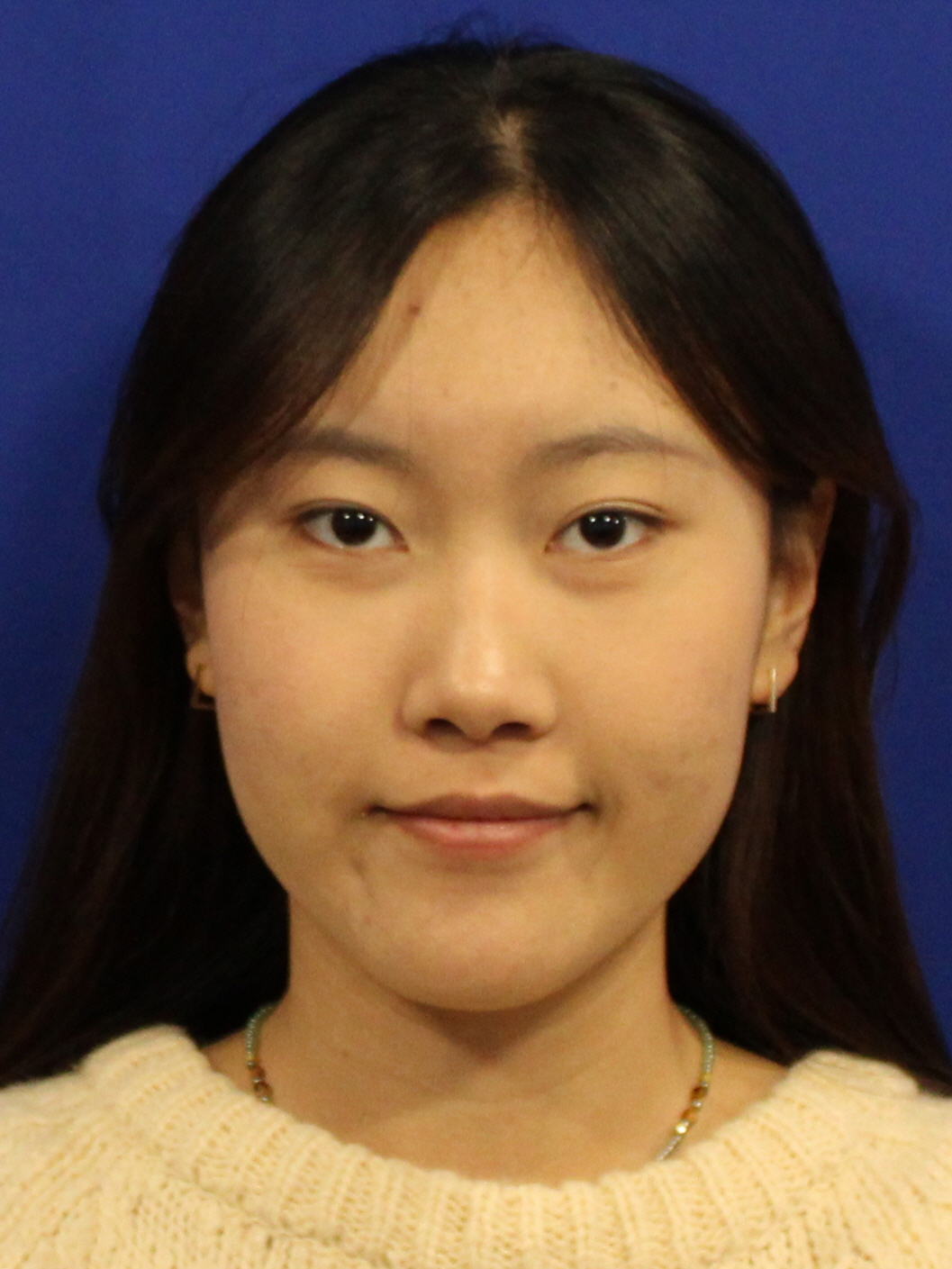
Yuliang Liu
I am an undergraduate student at the University of Rochester majoring in Computer Science with minors in Statistics. My academic interests lie at the intersection of computational social science, machine learning, and human-centered AI. I have served as a teaching assistant and peer tutor for multiple CS courses, and participated in projects involving natural language processing, clustering, and behavioral data analysis.